Picture this: You’ve just finished a packet of crisps and want to dispose of your rubbish responsibly. You check to make sure you can dispose it in your kitchen’s recycling bin but realise it says, ‘recycle in store’.
Soft plastics, plastic films, plastic bags and wrapping – these flexible plastics can’t go through the local authority services that collect weekly household rubbish. Because of this, out of 311,000 tonnes of plastic wrapping that is placed on supermarket shelves, only 6% is recycled.
So, supermarkets have stepped in to make it easier for consumers to dispose of their rubbish — and larger plastic items — responsibly.
Subscribe to Sustainability Beat for free
Sign up here to get the latest sustainability news sent straight to your inbox everyday
Waitrose’s soft plastic recycling triumph
Following a successful trial Waitrose, recently launched soft plastic recycling at 295 of its stores.
Waitrose sustainability and ethics specialist Caroline Pinnell said: “We know that recycling is a key priority for many of our customers, so we’re delighted to be able to offer flexible plastic recycling across a number of our shops.
The recycling scheme is part of Waitrose’s initiative to “to strip away single-use packaging and provide our customers with convenient reuse, refill and recycling solutions”.
Plastics, including carrier bags, bread bags and bubble wrap, are sent to a repressor in Glasgow where it’s washed, separated and then flaked or pelletised to be made into new products such as bags for DIY or plastic furniture.
Since launch, a Waitrose spokesperson told Sustainability Beat the scheme has so far “proved more successful than anticipated”.
“We have collected over 10 tonnes of material so far,” they added.
Morrisons making coffee pod recycling easy
It is estimated that around 800 million coffee pods were bought in the UK last year.
As the containers contain plastic, aluminium and coffee, the single-use pods can’t be recycled at home, even if aluminium is collected as part of household recycling collection.
To help customers recycle coffee pods, Morrisons teamed up with Podback to bring coffee return bins in-store.
The supermarket is currently trialling a drop-off service allows customers to collect their Podback recycling bags, fill with their used pods, and recycle in a dedicated bin located at the front of the store.

Customers need to use correctly colour coded bags – one for aluminium pods one for plastic pods – as pods are separated and sent to different recycling processing plants in the UK.
The used aluminium pods are turned into aluminium ingots for new products, such as beverage cans, and the used plastic coffee pods are turned into other plastic items – such as building products and plastic crates.
The used coffee grounds also go through anaerobic digestion – to produce biogas and soil improver.
Tesco takes toys to infinity and beyond
Around 80% of toys end up in a landfill, incinerators or the ocean while 90% are made of plastic and are used for just six months on average.
To make it easier for customers to dispose of plastic toys, Tesco teamed up with Wastebuster to launch in-store plastic recycling point to turn toys into books and reading resources for schools.
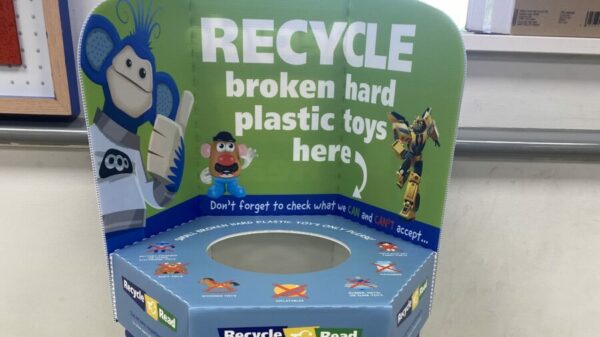
“As well as trialling a new way we can work together on hard-to-recycle plastics, it also helps to give children greater access to reading,” said Tesco category director Ally Rose.
Families are first encouraged to rehome toys. Broken toys can then be taken to Tesco and recycled in-store – where they are collected, cleaned and turned into plastic pellets, before being used to create new items such as coat hangers, chairs and coffee machines.
Tesco solution for medical waste
Tesco also launched a new in-store recycling scheme where shoppers can drop off plastic Calpol syringes at recycling units instore or send them directly via freepost.
The trial aims to provide a space for people to deposit small items like bottles, medicine syringes, blister packs, and spoons – which can sometimes be too small for the machinery at standard recycling facilities.
“As the UK’s bestselling children’s medicine brand, we hear many stories of parents with Calpol syringes that they don’t know what to do with them, so we have listened and taken action,” said area managing director Charmaine England.
“While you can already add Calpol product packaging and glass bottles to the appropriate household recycling for kerbside collection, we know it can be tricky to ensure smaller items such as plastic medicine syringes, blister packs and spoons are collected and recycled,” she continued.
“That’s why we’re excited to collaborate with Tesco to give consumers a convenient way to dispose of their Calpol materials.
“By launching this innovative trial, we’re helping to increase the chances of our plastic materials being recycled and used in new products such as plastic children’s tables and chairs, helping to protect our environment.”




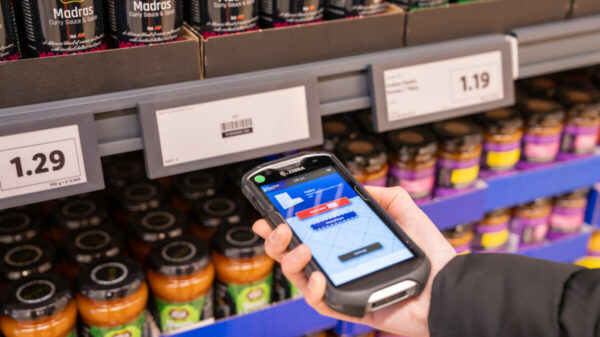

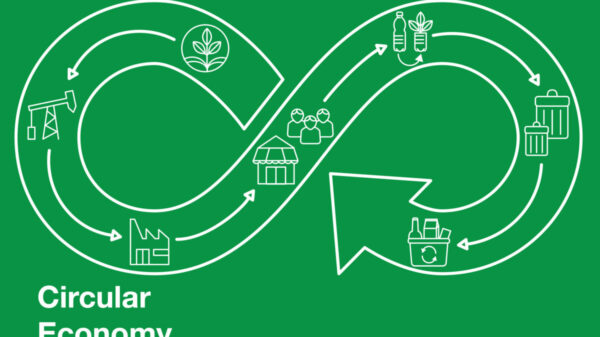

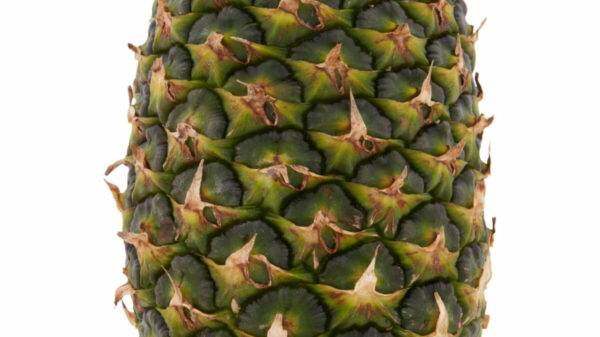

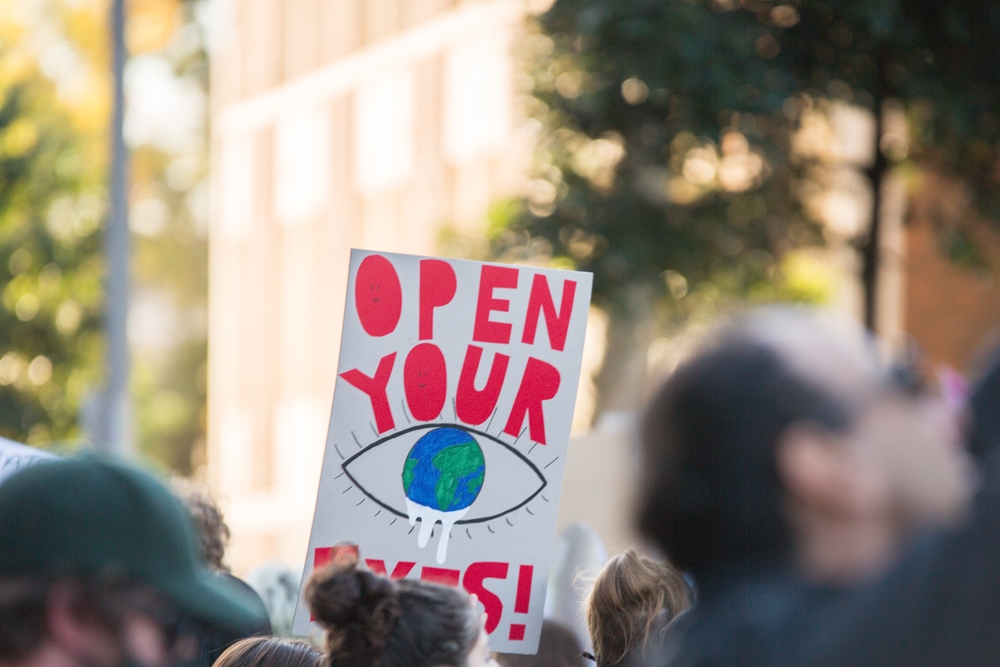
1 Comment. Leave new
Can blister packs near me be recycled at Tesco.